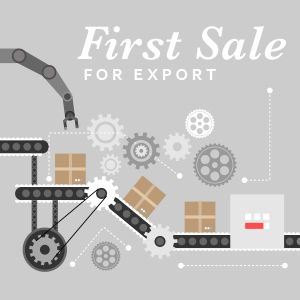 Earlier this year, the World Customs Organization (WCO) released 2022 Harmonized System (HS) Updates. These updates mark the most significant change in the HS nomenclature in five years and require an adjustment of HS codes in member countries. Since this release, US importers have been preparing for the implementation scheduled for January 1, 2022, while monitoring changes in other import markets.
Earlier this year, the World Customs Organization (WCO) released 2022 Harmonized System (HS) Updates. These updates mark the most significant change in the HS nomenclature in five years and require an adjustment of HS codes in member countries. Since this release, US importers have been preparing for the implementation scheduled for January 1, 2022, while monitoring changes in other import markets.
A preliminary release of the 10-digit HTS US changes was made in the US on September 28, 2021.
This release has allowed US importers to start preparing for the impact of this change. CBP has delayed the implementation of these code changes from January 3 to January 27, 2022.
This slight delay will give importers much appreciated time to prepare. If you are looking for help navigating this change, either in the US or globally, please feel free to reach out to Tradewin.
If you would like to read other publications from Tradewin on HTS classification changes, please read Tradewin’s blog originally posted on October 15, 2021, “HS2022: The codes they are a-changin'”



 Earlier this year, the World Customs Organization (WCO) released 2022 Harmonized System (HS) Updates. These updates mark the most significant change in the HS nomenclature in five years and require an adjustment of HS codes in member countries. Since this release, US importers have been preparing for the implementation scheduled for January 1, 2022, while monitoring changes in other import markets.
Earlier this year, the World Customs Organization (WCO) released 2022 Harmonized System (HS) Updates. These updates mark the most significant change in the HS nomenclature in five years and require an adjustment of HS codes in member countries. Since this release, US importers have been preparing for the implementation scheduled for January 1, 2022, while monitoring changes in other import markets. First Sale for Export is a
First Sale for Export is a 


